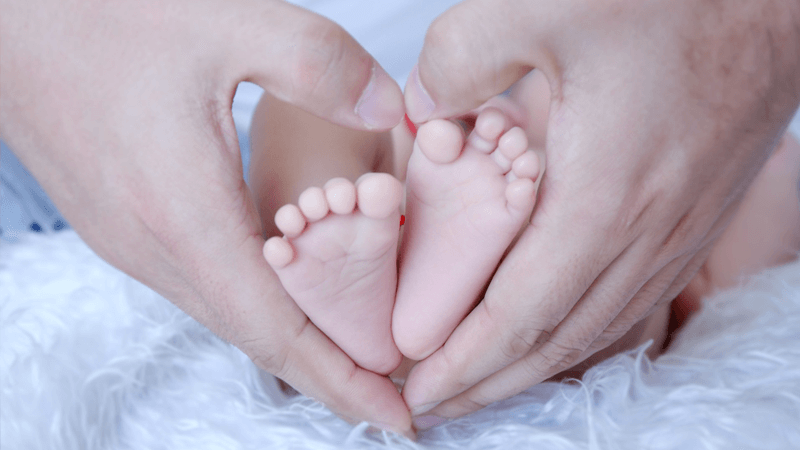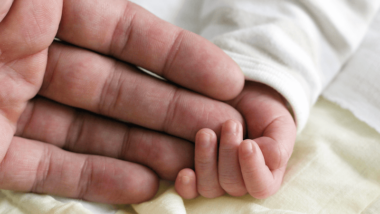Poland’s highest court has ruled that abortions on the grounds of disability will no longer be permitted.
The Constitutional Tribunal ruled that the current law is unconstitutional. It is under this law that 98 per cent of the country’s abortions are carried out, including for conditions such as Down’s syndrome.
Once the court’s decision comes into effect, abortions will only be permitted in cases of rape, incest, or if the mother’s health is at risk.
Inherent dignity
In its ruling, the Tribunal stated that “the unborn child, as a human being who is entitled to inherent and inalienable dignity, is a subject having the right to life, and the legal system must guarantee due protection for this central good”.
The court also said that the Government should do more to support disabled children and their families.
It comes as a declaration was presented to the United Nations, stating that “every human being has the inherent right to life” and there is “no international right to abortion”.the unborn child, a human being who is entitled to inherent and inalienable dignity, is a subject having the right to life, and the legal system must guarantee due protection for this central good
The Geneva Consensus Declaration, signed by Poland and 31 other countries, emphasised each country’s commitment to ensuring “the essential priority of protecting the right to life”.
Down’s syndrome
In the UK earlier this month, a woman with Down’s syndrome was granted permission to challenge the current law on abortion at the High Court.
Heidi Crowter and fellow campaigner Máire Lea-Wilson said the law discriminates against unborn babies with the condition.
In the UK, abortion is permitted up to 24 weeks for most reasons but is available up to birth for children deemed to have a ‘severely life-limiting condition’ – including Down’s syndrome.
Poland: abortion activists defy lockdown to protest pro-life Bill’
Unborn ‘no right to life’, says Amnesty International
‘Sent home to die’ as a baby: Woman with Down’s makes music album


